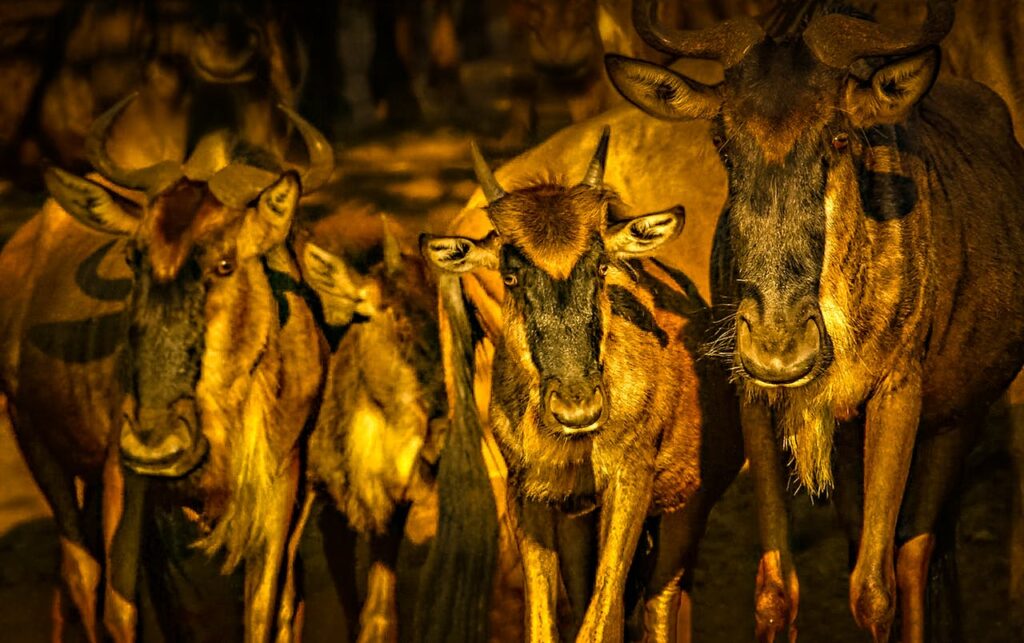Masai Mara National Reserve is one of Africa’s premier safari destinations, offering breathtaking wildlife encounters, including the Great Migration and the Big Five. However, one common concern for travelers is the risk of malaria in the region.
This guide provides expert insights into the malaria risk in Masai Mara, including preventive measures, symptoms, treatment options, and practical travel advice.
1. Understanding Malaria Risk in Masai Mara
Is Masai Mara a Malaria Zone?
Yes, Masai Mara is located in a moderate-risk malaria zone in Kenya. The presence of mosquitoes, especially during the rainy seasons, increases the likelihood of malaria transmission. However, compared to coastal regions like Mombasa or Lake Victoria, the risk is lower due to Masai Mara’s higher altitude.
When is the Risk of Malaria Highest?
- Rainy Seasons: April – June (long rains) and October – December (short rains) see increased mosquito activity.
- Dry Seasons: July – September and January – March have fewer mosquitoes, reducing malaria transmission risk.
Which Mosquitoes Transmit Malaria?
Malaria in Masai Mara is caused by the Plasmodium falciparum parasite, transmitted by the female Anopheles mosquito, which is most active from dusk to dawn.
2. Malaria Prevention for Masai Mara Safari Travelers
1. Antimalarial Medication
Taking antimalarial drugs is the most effective way to prevent infection. Consult a doctor before your trip to determine the best option based on your health condition and travel duration.
Common Antimalarial Medications:
| Medication | Dosage | Notes |
|---|---|---|
| Malarone (Atovaquone/Proguanil) | Daily | Few side effects, short duration needed |
| Doxycycline | Daily | Inexpensive, but can cause sun sensitivity |
| Lariam (Mefloquine) | Weekly | Not recommended for those with mental health conditions |
2. Mosquito Bite Prevention
- Use insect repellent: Choose a repellent containing DEET (30-50%), Picaridin, or Oil of Lemon Eucalyptus (OLE).
- Wear protective clothing: Light-colored, long-sleeved shirts and trousers help reduce mosquito bites.
- Stay in mosquito-proof accommodations: Book lodges or tented camps with mosquito nets, screened windows, and air conditioning.
- Use insecticide-treated bed nets: If sleeping in open-air camps, ensure you have a permethrin-treated net.
3. Vaccinations and Health Precautions
While no malaria vaccine is currently available for general travelers, consider getting vaccinations for yellow fever, typhoid, hepatitis A & B, and rabies, depending on your travel plans.
4. Best Time to Visit to Avoid Malaria
Traveling during the dry season (July – September & January – March) lowers the risk due to fewer mosquitoes.
3. Malaria Symptoms & What to Do if You Get Sick
Recognizing Malaria Symptoms
Symptoms typically appear 7-14 days after a mosquito bite and include:
- High fever & chills
- Sweating & headaches
- Muscle pain & fatigue
- Nausea, vomiting, or diarrhea
- Severe cases: Confusion, seizures, or difficulty breathing
What to Do if You Suspect Malaria in Masai Mara
- Seek medical attention immediately at the nearest hospital or clinic in Narok, Nairobi, or major safari lodges with medical facilities.
- Rapid diagnostic tests (RDTs) are available at many clinics to confirm infection.
- Treatment includes antimalarial medications such as Artemisinin-based Combination Therapy (ACTs).
Emergency Evacuation Options
If symptoms worsen, medical evacuation to Nairobi’s hospitals (Aga Khan, Nairobi Hospital, Karen Hospital) may be necessary. Consider purchasing travel insurance with emergency evacuation coverage.
4. Malaria Risk for Different Traveler Groups
1. Families with Children
- Children under 5 are at higher risk of severe malaria.
- Ensure they take antimalarial medication and use child-safe insect repellent.
2. Pregnant Women
- Pregnant women should avoid traveling to malaria-prone areas, as malaria can cause severe complications.
- Consult a doctor for safe antimalarial options if travel is necessary.
3. Elderly & Immunocompromised Travelers
- Higher risk of severe malaria; strict prevention is advised.
- Seek pre-travel medical advice for personalized precautions.
5. Debunking Common Myths About Malaria in Masai Mara
| Myth | Reality |
|---|---|
| “Masai Mara is malaria-free.” | False – it is a moderate-risk area, though lower than coastal Kenya. |
| “Malaria is only a risk in the rainy season.” | False – mosquitoes are present year-round but peak during rains. |
| “Sleeping under a net is enough.” | False – repellent and antimalarial drugs provide the best protection. |
| “Locals don’t take malaria pills, so tourists don’t need them.” | False – locals may have partial immunity, but travelers do not. |
6. Essential Travel Checklist for Malaria Prevention
✅ Consult a doctor for antimalarial medication.
✅ Pack insect repellent with 30-50% DEET.
✅ Wear long-sleeved clothing in the evenings.
✅ Stay in mosquito-proof lodges with nets and screens.
✅ Carry emergency medical insurance for peace of mind.
7. Final Thoughts: Should Malaria Risk Stop You from Visiting Masai Mara?
While malaria is a concern in Masai Mara, proper precautions significantly reduce the risk. By following expert-recommended preventive measures, visitors can safely enjoy one of Africa’s greatest safari destinations without unnecessary worry.
Plan wisely, take the right precautions, and enjoy an unforgettable Masai Mara safari!
Related:

